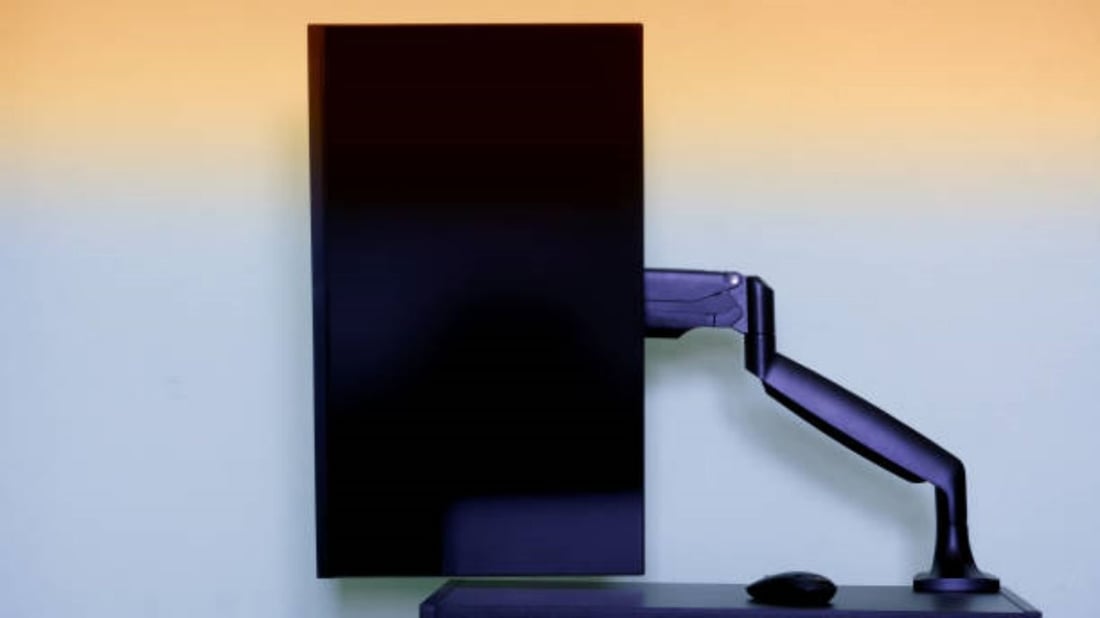What is an IPS Monitor? Monitor Panel Types Explained
When it comes to choosing a monitor for your computer, there are several factors to consider. One of the most important aspects is the type of panel used in the monitor. In this article, we will focus on IPS monitors and explain the different monitor panel types in detail.
1. Understanding Monitor Panels
Before we dive into IPS monitors, let's first understand what monitor panels are. A monitor panel refers to the display technology used in the screen. There are several types of monitor panels available today, including Twisted Nematic (TN), Vertical Alignment (VA), and In-Plane Switching (IPS).
2. What is an IPS Monitor?
IPS stands for In-Plane Switching, which is a type of monitor panel known for its superior color accuracy and wide viewing angles. IPS monitors are designed to provide vibrant and accurate colors, making them ideal for tasks that require color accuracy, such as photo and video editing, graphic design, and professional content creation.
3. Advantages of IPS Monitors
There are several advantages of using an IPS monitor:
- Color Accuracy: IPS monitors offer excellent color accuracy, ensuring that the colors you see on the screen are true to life.
- Wide Viewing Angles: Unlike TN or VA panels, IPS panels have wide viewing angles, allowing you to see the content on the screen clearly from almost any angle.
- Consistent Image Quality: IPS monitors maintain consistent image quality, regardless of the viewing angle. This is particularly important for collaborative work or when multiple people are viewing the screen simultaneously.
- Good Response Time: While IPS monitors may not have the fastest response time compared to TN panels, they still offer decent response times, making them suitable for gaming and other multimedia tasks.
4. IPS vs. TN vs. VA: A Comparison
Now, let's compare IPS monitors with the other common types of monitor panels: TN and VA.
TN (Twisted Nematic): TN panels are known for their fast response times and high refresh rates, making them popular among gamers. However, they have limited viewing angles and may not offer the best color accuracy.
VA (Vertical Alignment): VA panels provide better contrast ratios compared to TN and IPS panels, resulting in deeper blacks and better overall image quality. However, they may suffer from slower response times and narrower viewing angles.
When it comes to choosing between IPS, TN, and VA panels, it ultimately depends on your specific needs and preferences. If color accuracy and wide viewing angles are your top priorities, IPS is the way to go.
5. IPS Monitor Applications
IPS monitors are widely used in various industries and applications, including:
- Graphic Design and Photo Editing: IPS monitors' accurate color reproduction makes them ideal for graphic design and photo editing tasks where color accuracy is crucial.
- Video Editing and Content Creation: IPS monitors are also popular among video editors and content creators who require precise color grading and accurate visual representation.
- Professional Use: Many professionals, such as architects, engineers, and medical practitioners, rely on IPS monitors for their work due to the display's accuracy and reliability.
6. IPS Monitor Considerations
While IPS monitors offer numerous advantages, there are a few considerations to keep in mind:
- Price: IPS monitors tend to be more expensive compared to TN or VA panels. However, the price difference has decreased over the years, making IPS monitors more accessible.
- Response Time: Although IPS monitors have improved response times, they may still not be as fast as TN panels, making them less suitable for competitive gaming.
- Backlight Bleeding: Some IPS monitors may suffer from backlight bleeding, which refers to uneven backlight distribution resulting in visible patches of light or discoloration on the screen. This can be more noticeable in dark environments.
7. Conclusion
In conclusion, IPS monitors are a popular choice for users who prioritize color accuracy and wide viewing angles. They offer excellent image quality, making them suitable for various applications, including graphic design, video editing, and professional use. While they may have a slightly higher price tag and slower response times compared to TN panels, the advantages they provide outweigh these limitations for many users.

